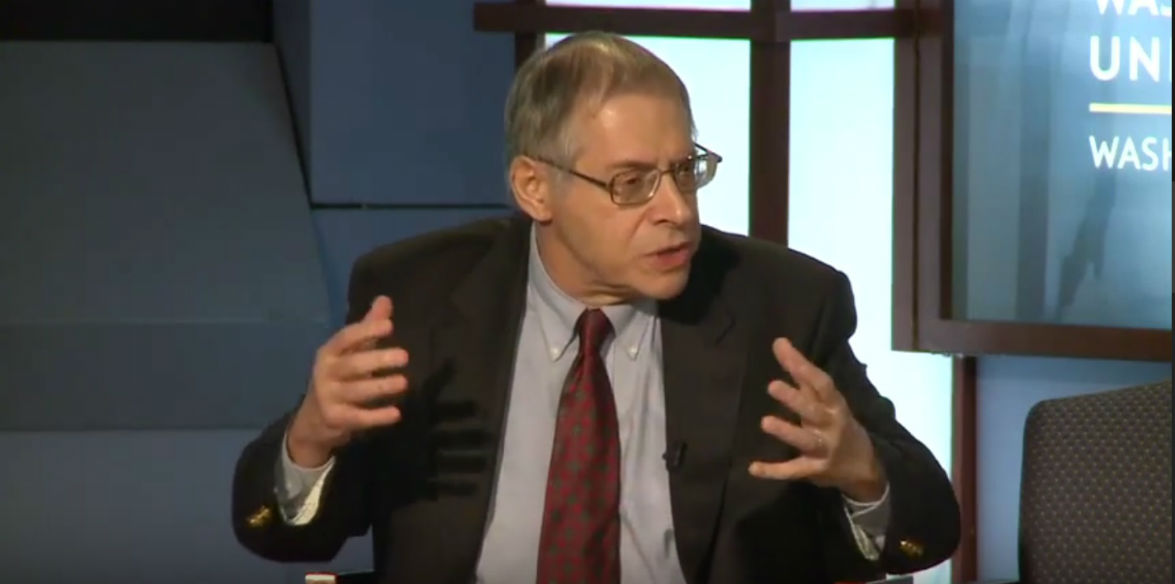Well, after years of negotiation, secrecy, and, more recently, struggle in Congress to pass the Trade Promotion Authority (TPA) “fast-track” bill, followed by another year or more of negotiations to come to agreement on three trade agreements he wanted to pass using fast-track authority, the President announced that he will not be sending the first, the Trans-Pacific Partnership (TPP) legislation to Congress after all. It appears that the Trans-Atlantic Trade and Investment Partnership (TTIP), is also pretty much dead, and the Trade in Services Agreement (TiSA) is in serious trouble.
The TPP defeat and the other likely ones are due to a combination of Congressional and interest group opposition, fierce and growing popular opposition, Donald Trump’s victory, and probably the President’s meeting with him on November 11, where Trump may have made it clear to the President that there was no way that he would finalize the TPP agreement, even if it did pass the Congress. But now that two of the pending trade agreements are dead for the present, and the third on the ropes, there remain a number of issues worth discussing further, for the sake of future trade agreements and further attempts to revive these, raised by the Investor-State Dispute Settlement (ISDS) provisions in the TPP and other agreements. All of these relate to ISDS.
If that provision had not been included, or if it were revised out of the TPP, then it, as well as the other agreements, would have had a much easier time getting through in spite of the past history of trade agreements. So, why was the Administration so intent on including ISDS provisions in the agreement, rather than other methods of enforcement, and why has it tried so hard to impose them on trading partners having much less enthusiasm for the provision?
The White House explains why it wants ISDS in the context of the Trans-Pacific Partnership (TPP):
The purpose of investment provisions in our trade agreements is to provide American individuals and businesses who do business abroad with the same protections we provide to domestic and foreign investors alike in the United States.
This simple and forthright statement tells us what ISDS is intended to do. Individuals who invest abroad number relatively few Americans, a fact also true for small businesses. So, ISDS is there primarily to provide protection and mitigate risks for large multinational organizations headquartered in the United States, but wishing to increase their profits through large, and, at times risky, investments in other nations.
Our Representatives and Senators need to ask whether and why protecting the investments and profits of large multinationals is part of the public purpose of the US? And, if it is, then they also need to ask what methods the US ought to use and what risks it ought to be willing to take to achieve protection for businesses?
From my point of view, trying to protect American business investments overseas by assuring justice and fair treatment for them should not be a policy priority of the United States government. After all, investments in other nations do not directly create jobs here.
Of course, they may do so indirectly, but it is doubtful that as many jobs are created indirectly from such investments than would be created by the foregone investments here. Do we really want to continue to create incentives for Americans to invest in economies other than our own?
How does that benefit most of us as opposed to enriching the few? If investors want to seek profits in other economies then that is a right of free Americans; but they ought to do so at their own risk.
That is what capitalism is supposed to be about. You take your own risks, and are entitled to your own profits. But, if you pass the risks on to someone else, then, arguably, they ought be entitled to a big share of those profits.
In short, I don’t think U.S. policy ought to be protecting the profits from American business investments abroad, or making sure American businesses get fair treatment in other nations, beyond the traditional measures we take now in accordance with international law and customs. Instead of trying to put more protections in place for those who choose to invest elsewhere, let such businesses mitigate their own risks.
There are plenty of insurance companies that stand ready to accommodate those taking reasonable risks. And those taking unreasonable ones will just have to self-finance. That is not the end of the world. But it is the end of subsidizing such investments at the expense of public purpose.
